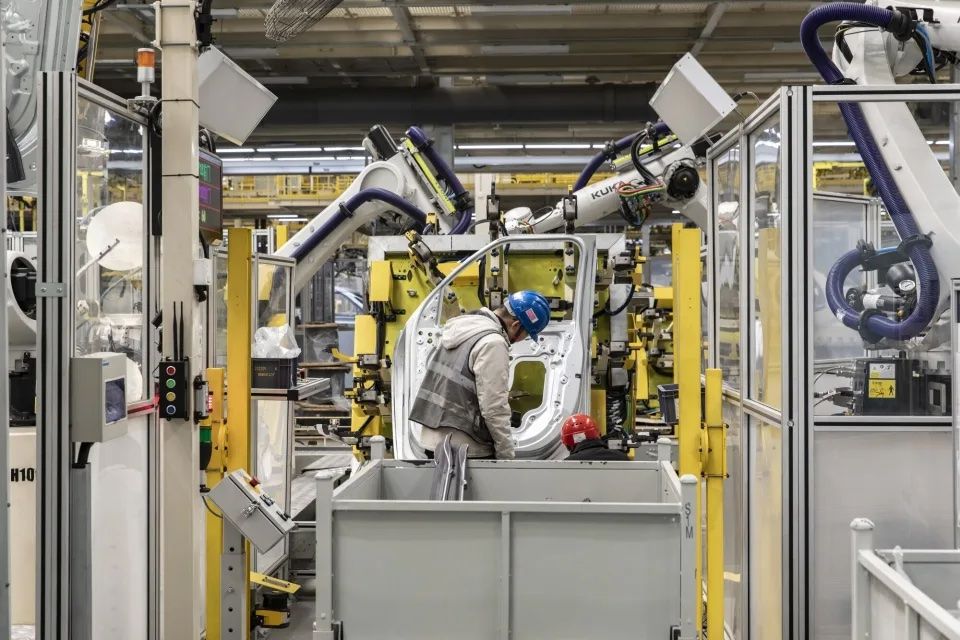BEIJING: China's factory activity expanded in January on steady production growth, faster logistics and an increase in new export orders for the first time since June, as business confidence rose to a nine-month high. This was revealed in a private sector survey on Thursday.
However, the strong result was in contrast to an official survey a day earlier that showed manufacturing activity contracted again last month as demand remained weak.
Taken together, these indicate that the economy remains weak and requires further policy support.
Caixin/S&P Global Manufacturing PMI for January was 50.8, unchanged from December and higher than analysts' expectations of 50.6. The 50 point mark separates growth from contraction.
“Faster logistics, increased procurement and increased inventory reflect improved business confidence,” said Wang Zhe, senior economist at Caixin Insight Group.
However, he pointed out that employment is still shrinking and price levels are under control, and that “deflationary pressures continue.''
Chinese policymakers face difficult challenges as they try to revitalize the economy in the face of slumping real estate, local government debt risks, deflationary pressures and weak overseas demand.
The crisis-hit real estate sector was dealt another blow this week when a Hong Kong court ordered the liquidation of debt-laden developer China Evergrande Group.
However, a Caixin survey showed that new export orders increased slightly for the first time since June last year, giving some hope that external demand may be starting to improve.
The export index may have been affected by the Lunar New Year, which falls on February 10 this year, as factories and workers prepare to ship goods before the holiday.
Additionally, manufacturer confidence has reached its highest level since April last year, driven by forecasts of increased global demand, planned investments, new product launches and efforts to expand into new markets.
However, the factory continued to reduce its workforce in January, while lowering the selling price of its products in an effort to attract and secure new orders.
Deflationary pressures have heightened investors' bets on further monetary easing after China last week announced deep cuts to bank reserves to support the economy and plummeting stock prices. – Reuters

